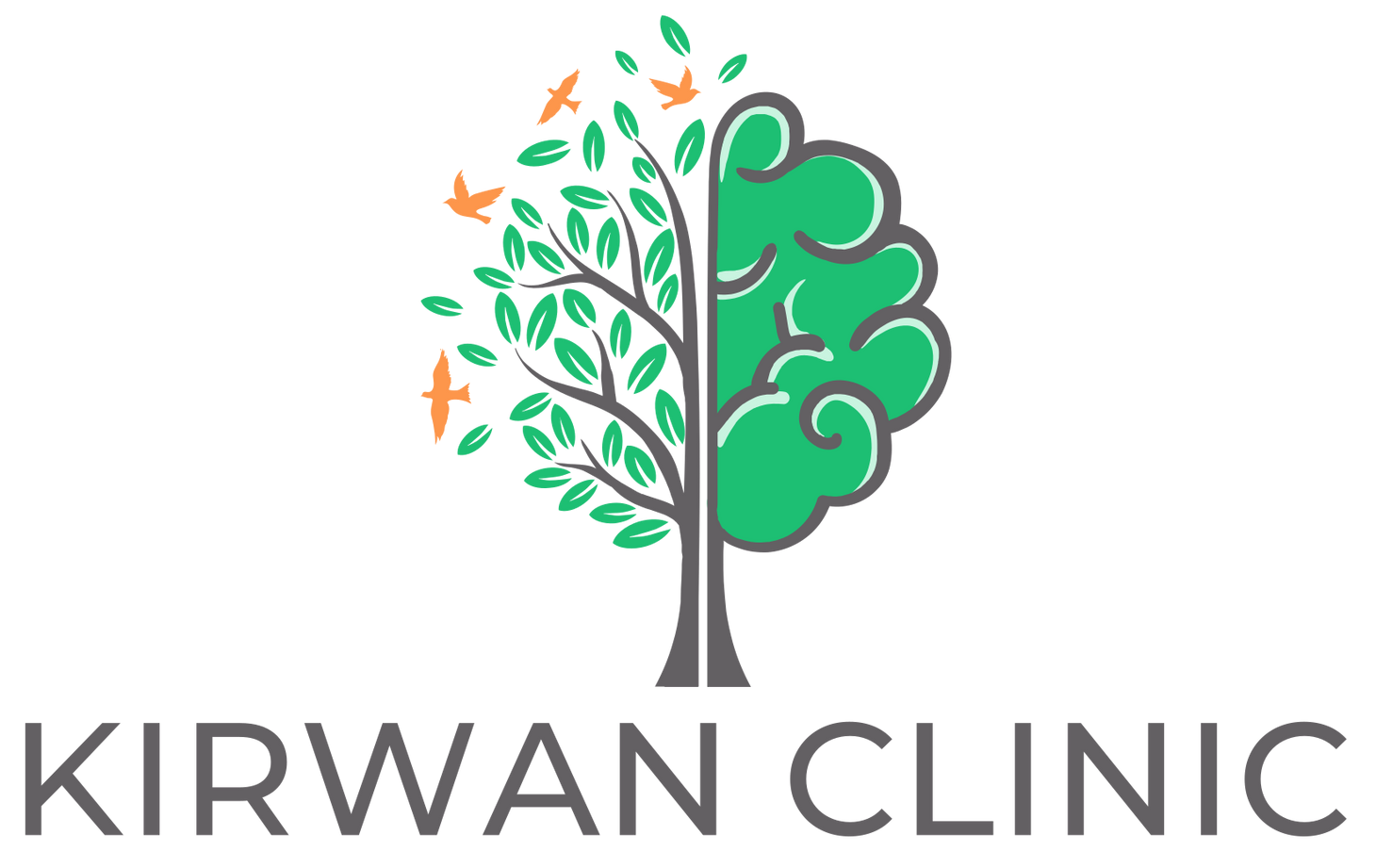Learning Difficulties
What Are Learning Difficulties?
Learning difficulties (or Specific Learning Disorders, SLDs) refer to neurological conditions that affect a person's ability to acquire, process, or use information effectively. These difficulties can impact reading, writing, math, and comprehension skills. Learning difficulties are not linked to intelligence but to how the brain processes information. Examples include dyslexia (SLD with impairment in reading), dyscalculia (SLD with impairment in maths), and dysgraphia (SLD with impairment in written expression).
Learning Difficulties and Anatomy/Health
Learning difficulties are associated with differences in brain function, particularly areas responsible for processing language, phonological skills, memory, and problem-solving. Neurological differences in brain structure and function can lead to difficulties in cognitive tasks.
Additionally, learning difficulties may contribute to mental health issues such as stress, anxiety, or low self-esteem due to academic struggles. Chronic stress can affect physical health by increasing cortisol levels, leading to fatigue, headaches, and weakened immunity.
Causes and Risk Factors for Learning Difficulties
The exact causes of learning difficulties vary, but some common factors include:
- Genetics: Inherited traits can play a role in neurological development: for example, Dyslexia often runs in families.
- Brain structure differences: Connectivity differences in the left hemisphere language and phonological processing networks are often linked to dyslexia.
- Neurochemical imbalances: Differences in neurotransmitters like dopamine can affect attention and learning.
- Prenatal and early childhood factors: In some cases, malnutrition, lack of oxygen at birth, or premature birth can impact brain development.
- Injury or trauma: In some cases, brain injuries or early childhood trauma can lead to learning difficulties.
Symptoms of Learning Difficulties
- Reading difficulties: Struggling with letter recognition, slow reading speed, frequent errors in reading, or trouble understanding words.
- Writing difficulties: Poor spelling, trouble organising thoughts on paper, letter reversal, or inconsistent handwriting.
- Math difficulties: Trouble understanding numbers and new concepts, difficulty with calculations, or difficulty with word problems.
- Memory issues: Difficulty remembering instructions, retaining information, or recalling facts.
- Attention issues: Trouble focusing, being easily distracted, or struggling with time management.
Learning Difficulties at Different Stages
Learning difficulties do not follow a strict progression like a disease, but they can be observed in different stages of life:
- Early Childhood (Preschool Stage)
- Difficulty recognising letters, numbers, colours, or shapes.
- Delayed speech and language development.
- Delayed counting.
- Struggles with motor skills (holding a pencil, tying shoelaces).
- Elementary School Stage
- Problems with reading, spelling, and comprehension.
- Difficulty understanding math concepts and sequences.
- Short attention span and trouble following multi-step instructions.
- Adolescence (Middle & High School)
- Struggles with organisation and time management.
- Difficulty with abstract concepts in math and science.
- Increased frustration, anxiety, or low self-esteem due to academic struggles.
- Essays can be especially stressful for teens with SLD.
- Adulthood
- Challenges with job performance due to organisation issues, following complex instructions, and communication issues.
- Difficulty managing finances, reading documents, or writing emails.
- Potential mental health issues such as anxiety or depression due to long-term academic and social challenges.
Diagnosis of Learning Difficulties
Diagnosing learning difficulties involves multiple steps and assessments by healthcare professionals and educators:
- Observation & Screening
- Parents and teachers monitor early signs of learning struggles.
- Schools may conduct informal assessments.
- Comprehensive Evaluation
- Psychoeducational Testing: Conducted by psychologists to assess cognitive abilities, memory, and processing skills.
- Neuropsychological Testing: Examines brain function, including attention, memory, and reasoning.
- Speech & Language Assessments: Identifies language-based difficulties like dyslexia or APD.
- Medical & Hearing/Vision Tests
- Ensures difficulties are not due to sensory impairments like hearing loss or vision problems.
- Behavioural & Emotional Assessments
- Identifies co-existing conditions such as ADHD, anxiety, or depression that may impact learning.
Management of Learning Difficulties
While learning difficulties cannot be "cured," they can be managed effectively through various interventions:
- Educational Support
- Individualised Education Plan (IEP): A customised learning plan tailored to the student's needs.
- Specialised Tutoring: Programs for dyslexia or multisensory math approaches for dyscalculia.
- Assistive Technology: Speech-to-text software, audiobooks, and screen readers.
- Special Exam Arrangements: Extra time, rest breaks, separate exam rooms, and text to speech devices can all be useful.
- Behavioural & Cognitive Therapies
- Cognitive-behavioral therapy (CBT) to improve self-confidence and coping mechanisms.
- Occupational & Speech Therapy
- Occupational therapy for motor coordination issues.
- Speech therapy for language and auditory processing difficulties.
- Medication (for ADHD-related Learning Issues)
- Stimulant medications like Dexamphetamine or non-stimulant alternatives may help manage attention and impulse control.
- Parental & Teacher Support
- Creating structured learning environments.
- Using positive reinforcement to build confidence.
What Happens if Learning Difficulties Are Not Addressed?
If learning difficulties are not addressed, they can lead to:
- Academic Failure & Dropout: Struggles in school may lead to frustration and withdrawal from education.
- Low Self-Esteem & Mental Health Issues: Constant struggles with learning can cause anxiety, depression, or a lack of self-confidence.
- Employment Challenges: Difficulties with reading, writing, organisation, or social interactions can impact career progression.
- Social Struggles: Difficulty understanding social cues and communication barriers can lead to isolation.
- Financial & Daily Life Struggles: Managing finances, following written instructions, or handling responsibilities may be challenging.
Early intervention is key to ensuring that individuals with learning difficulties receive the support they need to succeed academically, professionally, and socially.


